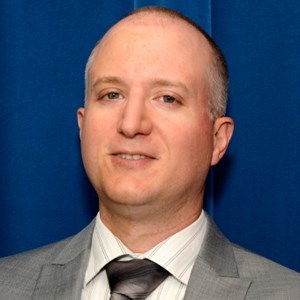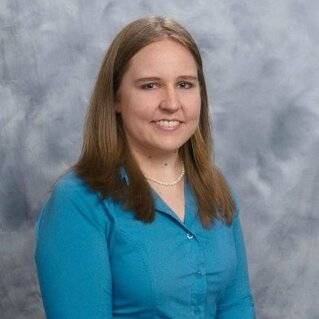American businesses don’t have enough workers. The U.S. Chamber of Commerce notes that there are 1.7 million fewer workers in the labor force today compared to February 2020.
Great Plains states like the Dakotas, Montana, Nebraska and Wyoming have some of the most severe labor shortages in the nation. Now, the Nebraska legislature has opened the doors that are desperately needed to economic opportunity in the Great Plains, with the passage of legislation last month creating a unique economic opportunity zone in the middle of the country.
Like most of its neighbors, Nebraska employers need help finding workers. Recent research from the Kansas City Fed notes that the problem is worse in Nebraska than elsewhere: There are 2.5 job openings for every unemployed worker in Nebraska, almost twice the national average.
Recognizing the challenge is one thing. Taking common sense action to help improve the situation is much better. Legislators in Nebraska have done this with the passage of the measure. With the governor’s signature, the doors to opportunity are open in Nebraska.
Why is this legislation necessary? First, it addresses a barrier created by Nebraska’s occupational licensing requirements. If either of us wanted to drive in Omaha, our driver’s license would be recognized, and we could drive. Unfortunately, occupational licenses do not work this way. If licensed barbers from Iowa wanted to move to Nebraska and begin working, they would face significant delays and hardship in moving forward with their careers.
The new measure addresses this critical labor market friction for many occupations by implementing universal recognition. The bill will allow licensed workers with licenses in good standing for at least one year to have their licenses recognized. Nebraska joins 21 other states in taking steps to reduce barriers to interstate mobility — an important step when licensing reduces workers moving between states by about 7 percent.
Nebraska is not alone in moving forward with these reforms. There are 21 additional states with some version of licensing recognition, and 39 states have passed licensing reforms for people with criminal records. Now, Nebraska has joined all of its neighbors in reforming universal recognition and most of its neighbors in reforming requirements for people with criminal records. Only South Dakota lags in permitting blanket barriers to workforce opportunities for workers trying to make a fresh start reintegrating into society, limiting opportunities there compared with nearby states.
Workers on the sidelines in Nebraska — perhaps underemployed or out of the labor force entirely — will now be able to work with fewer bureaucratic delays. This can have beneficial effects on the labor market in Nebraska and for workers moving between states in the region.
Research bears this out, showing that states that pass universal recognition experience a 1 percentage point gain in employment. Where do these new workers come from? Some come from other states; other workers come from the sidelines.
Research also shows fiscal benefits for states that adopted universal licensing recognition. These states saw a $1.7 million increase in adjusted gross income after enactment, compared with states that keep interstate licensing barriers in place.
These fiscal benefits come from households moving to states with licensing recognition, including households with dependents. Licensing recognition enables families to move to places of economic opportunity together.
However, there is always room for improvement. Limiting exclusions for several occupations is one way to make a good reform even better.
People with criminal records can also make a fresh start in Nebraska, creating the groundwork for a safer community. These reforms make it easier for people starting over to actually make a fresh start in the occupation of their choice.
Nebraska and its neighbors still license dozens of lower-income occupations. When licensing boards bar qualified individuals with criminal records from becoming licensed, even after applicants have completed the required education and training, they can worsen public safety instead of protecting it.
Nebraska’s law states that individuals can be barred from a license only when their criminal offense is directly related to the occupation or represents a substantial risk to public safety. Combined with greater due-process protections and setting time limits for how long a criminal offense can bar someone from working in a licensed occupation, this legislation significantly expands the economic opportunities of people trying to restart their lives.
In recent years, Nebraska has reduced some of its licensing requirements for lower-income occupations, reducing barriers to work for people just starting out in a profession. Together with these reforms, Nebraska policymakers have taken bold policy action to ensure employers will continue to have access to the workers they need.



